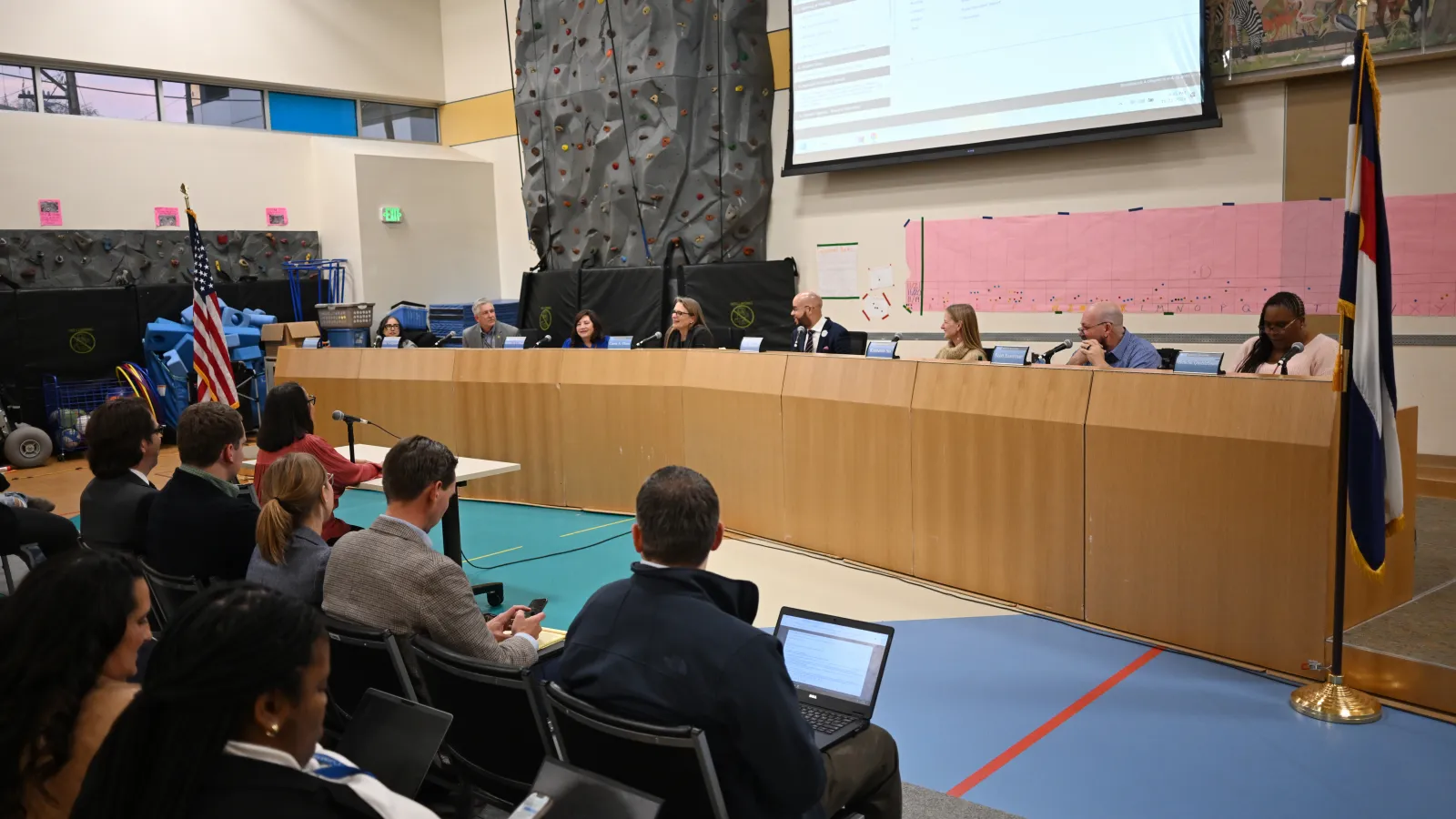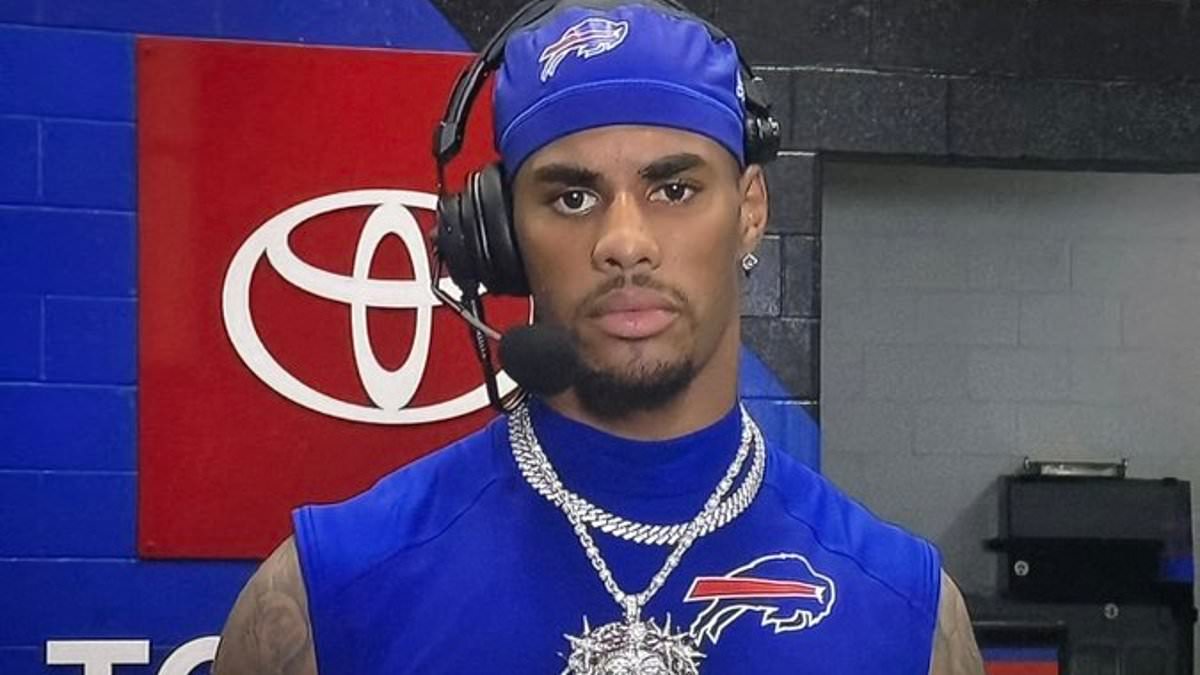By Scott Baldermann,Van Schoales
Copyright denverpost

Are the Denver School Board elections transparent and democratic?
Not really.
Sadly, the Denver School board campaigns are far less democratic than any other Denver elections with two “dark money” groups providing more than 70% of the funding. We are talking more than $1 million from these two groups in 2023, and expect the number to be even higher this fall.
There is no other Denver or even Colorado election with so much soft or “dark” money pouring into an election. Not only is the funding coming from just two 501(c)(4) organizations — the teacher union (Denver Classroom Teacher Associations Action) and a charter school advocacy organization (Denver Families Action) — but neither group is transparent about the sources of their funding or their expectations for candidates.
Denver Families Action doesn’t even list their sources of funding on their website in spite of spending more than $950,000 in 2023. Another dark money group — Better Leaders Stronger Schools — spent more than $1 million.
Instead of school board candidates having to focus on making their case to voters and raising money from Denver supporters, school board candidates must first convince one of these organizations to back them. School board candidates know that without either of the outside group’s support, they have little or no chance of winning. One hundred percent of the 24 candidates that have won a Denver School Board seat since 2011 had the support of one of the two groups.
To be fair, the independent expenditure committees funded by DCTA or Denver Families Action are not allowed by law to coordinate with the candidates, but the reality is that they don’t need to coordinate to provide strong support as we have seen in the last several rounds of elections.
Independent expenditure committees organize for the candidates, pay for flyers, social media and even TV ads. And if they say something unreasonable, the candidate can honestly say they know nothing about what DCTA or Denver Families Action did on their behalf.
The most comparable election to school board are the Denver City Council elections. In those races, there are independent expenditures that include developers, unions and other special interests. But in none of these elections was the IE funding greater than the candidate’s campaign spending.
And in most of the city council races, the IE funding was less than 25% which meant that the city council campaigns were managed by the candidates with far less influence from outside “dark” groups as compared to the school board elections.
Why are the city council races less influenced by IE’s?
There is a public match that encourages candidates to raise their own funding. The match is publicly disclosed and allows them to run a campaign without having to be dependent on IE’s. City council candidates have more control over their campaigns and this incentivizes them to directly connect to voters. A 2023 report on the impact of the city’s public matching fund showed that there was far more participation in terms of voter support for candidates and more candidates.
So what can be done to enable school board candidates to act independently and allow voters to know it is unlikely that a candidate has been influenced or bought by a special interest group?
Here are three practical suggestions:
• Provide a public campaign match for qualified school board candidates. Return the responsibility for election campaigns to candidates so they do not have to depend on Independent Expenditure Committees.
• Expand the number of regional school board members from five to eleven to follow Denver City Council regions so that school board members can better represent their communities. The current school board regions make it hard for candidates to truly represent the needs of their community because of the size and diversity of the current school board regions.
• Pay school board members commensurate with other city offices like Los Angeles. This will make it possible for far more qualified candidates to run for school board seats. The school board is responsible for managing a budget nearly half the size of the city budget and educating 90,000 students. It’s a responsibility as great as any city council seat.
Denver’s schools are in crisis with chronic absenteeism, declining enrollment, segregation, and too few low-income students thriving academically. Too many teachers cannot afford to live in Denver and public education funding is threatened at the state and federal levels. The district needs thoughtful committed board leaders.
Oddly, as two people that have mostly disagreed on school board candidates and policy, we find ourselves strongly agreeing that without changes to how we elect Denver School Board members, it is unlikely that our beloved Denver schools can live up to their promise.
Now is the time to curb the outside growing influence of DCTA and Denver Families Action, stop the election arms race and return our school board races to the voters. We need to bring democracy back to public education in Denver.
Van Schoales is a former public school teacher, Denver school principal and education improvement (sometimes reform) advocate. Scott Baldermann is a former Denver School Board member, and parent of two DPS students.
Sign up for Sound Off to get a weekly roundup of our columns, editorials and more.
To send a letter to the editor about this article, submit online or check out our guidelines for how to submit by email or mail.



